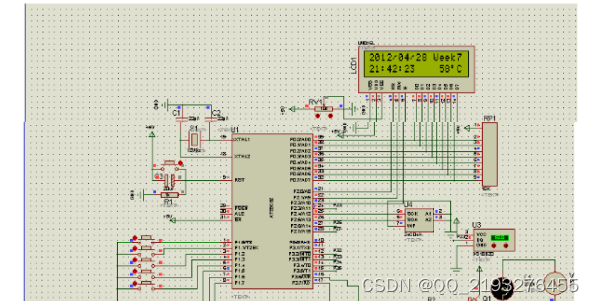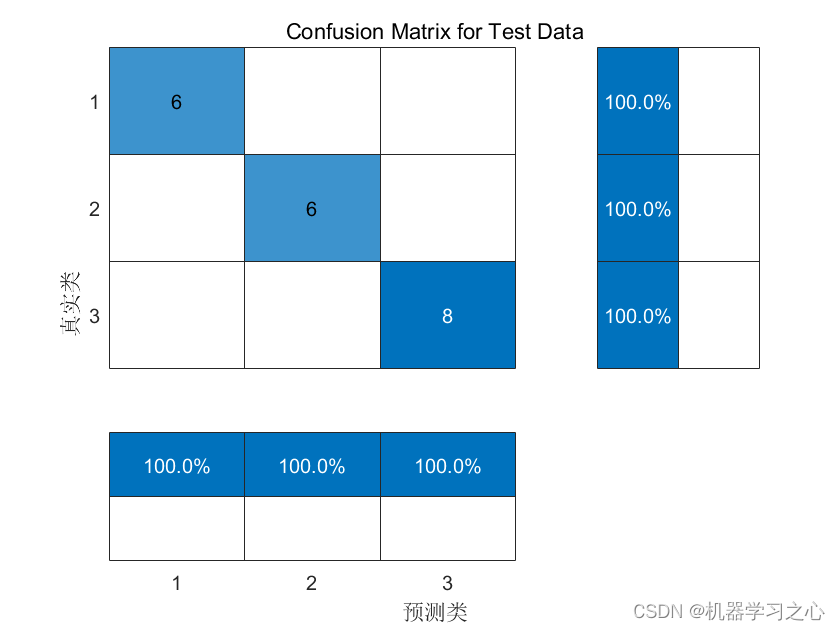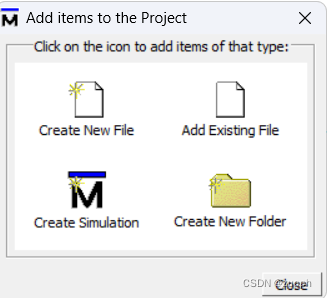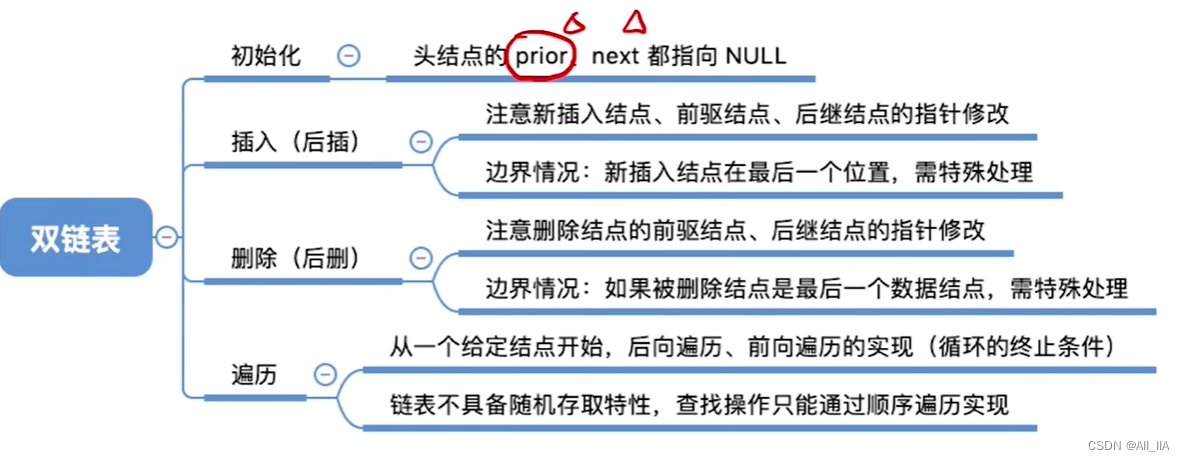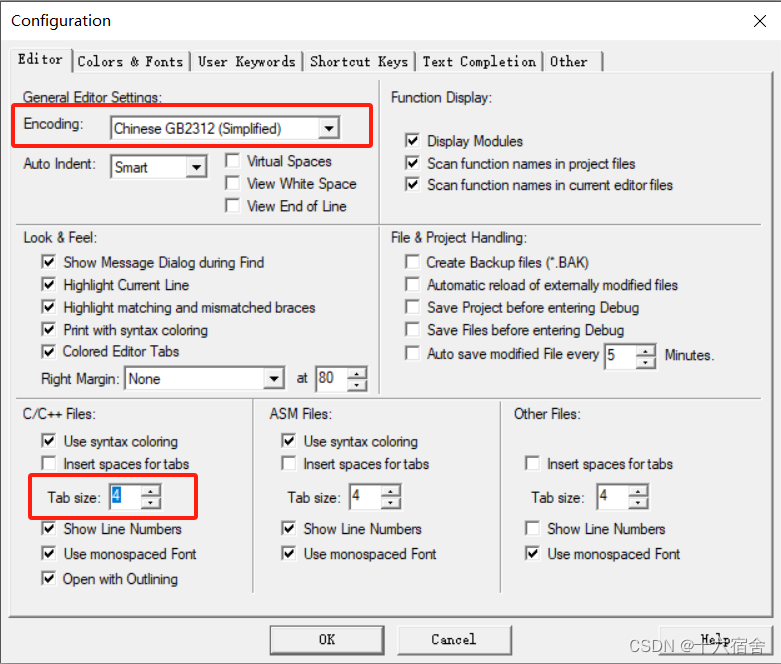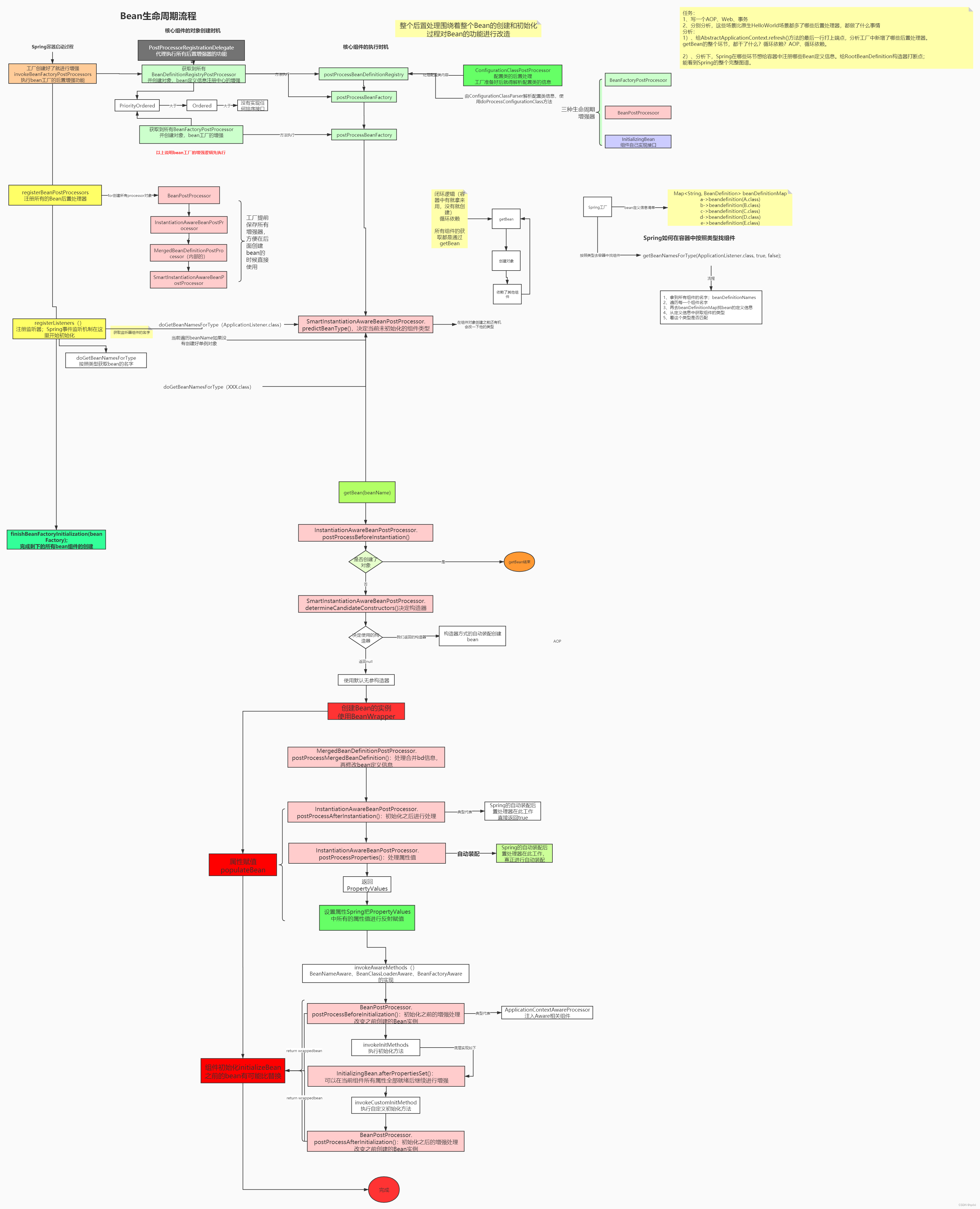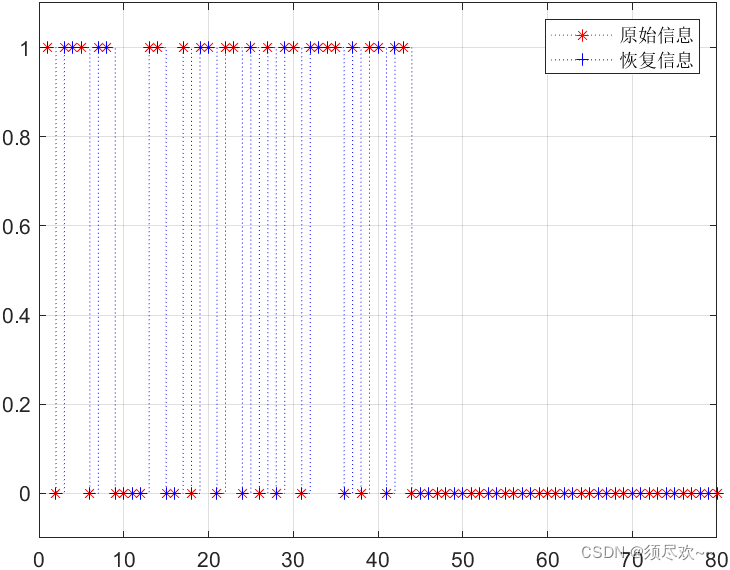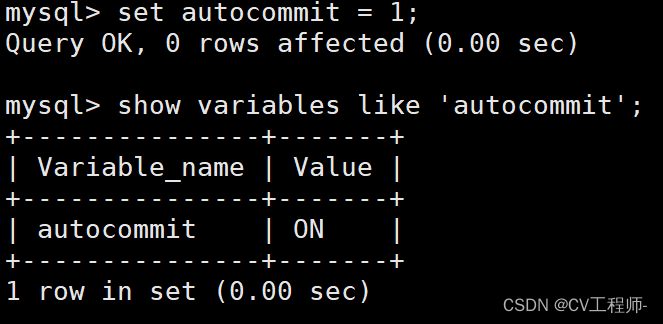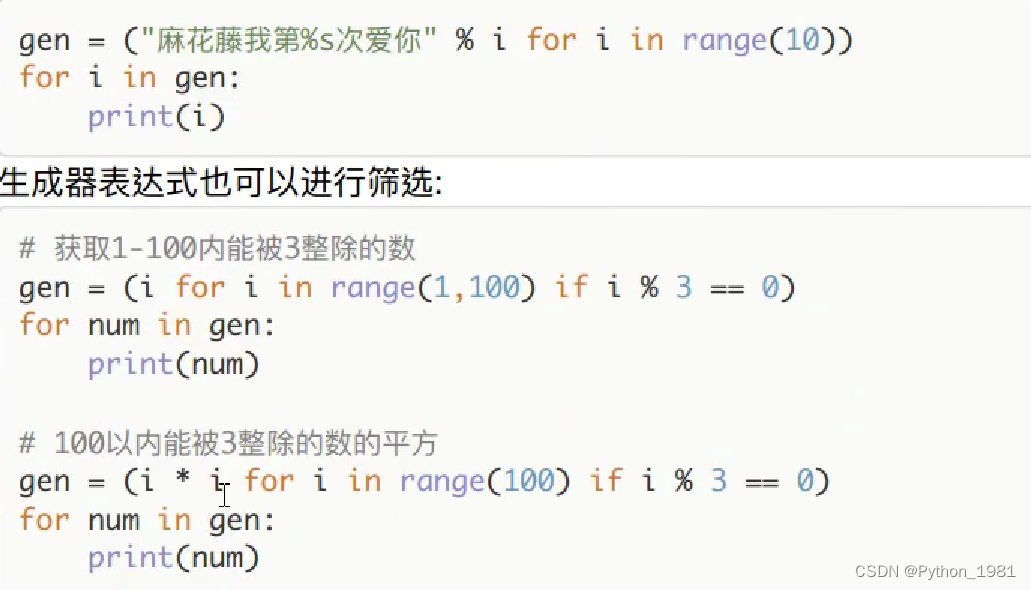VX-3R本身是不带APRS功能的,不过可能通过外加TNC实现APRS功能。
有大佬已经用Arduino实现了相应的发射功能:
https://github.com/handiko/Arduino-APRS
我要做的,就是简单修改一下代码,做一个转接板。
YEASU官方没有给出VX-3R的音频接口四节定义,估计是为了推销自家的CT-44,手册上只有这么一个图

在网上查了一圈,pinguide上有这么个图,然后提了一句“Pinouts for speaker and mic are reversed on the vx-3r”。但是经我实际验证,VX-3R的定义跟网站上是一样的,并没有reversed。
转接板原理图如下:

实物图如下:

值得注意的是,VX-3R的PTT是低电平发射。
完整的代码如下:
/*
* Copyright (C) 2018 - Handiko Gesang - www.github.com/handiko
*
* This program is free software: you can redistribute it and/or modify
* it under the terms of the GNU General Public License as published by
* the Free Software Foundation, either version 3 of the License, or
* (at your option) any later version.
*
* This program is distributed in the hope that it will be useful,
* but WITHOUT ANY WARRANTY; without even the implied warranty of
* MERCHANTABILITY or FITNESS FOR A PARTICULAR PURPOSE. See the
* GNU General Public License for more details.
*
* You should have received a copy of the GNU General Public License
* along with this program. If not, see <https://www.gnu.org/licenses/>.
*/
#include <math.h>
#include <stdio.h>
// Defines the Square Wave Output Pin
#define OUT_PIN 2
#define _1200 1
#define _2400 0
#define _FLAG 0x7e
#define _CTRL_ID 0x03
#define _PID 0xf0
#define _DT_EXP ','
#define _DT_STATUS '>'
#define _DT_POS '!'
#define _NORMAL 1
#define _BEACON 2
#define _FIXPOS 1
#define _STATUS 2
#define _FIXPOS_STATUS 3
#define _PTT 5
bool nada = _2400;
/*
* SQUARE WAVE SIGNAL GENERATION
*
* baud_adj lets you to adjust or fine tune overall baud rate
* by simultaneously adjust the 1200 Hz and 2400 Hz tone,
* so that both tone would scales synchronously.
* adj_1200 determined the 1200 hz tone adjustment.
* tc1200 is the half of the 1200 Hz signal periods.
*
* ------------------------- -------
* | | |
* | | |
* | | |
* ---- -------------------------
*
* |<------ tc1200 --------->|<------ tc1200 --------->|
*
* adj_2400 determined the 2400 hz tone adjustment.
* tc2400 is the half of the 2400 Hz signal periods.
*
* ------------ ------------ -------
* | | | | |
* | | | | |
* | | | | |
* ---- ------------ ------------
*
* |<--tc2400-->|<--tc2400-->|<--tc2400-->|<--tc2400-->|
*
*/
const float baud_adj = 0.975;
const float adj_1200 = 1.0 * baud_adj;
const float adj_2400 = 1.0 * baud_adj;
unsigned int tc1200 = (unsigned int)(0.5 * adj_1200 * 1000000.0 / 1200.0);
unsigned int tc2400 = (unsigned int)(0.5 * adj_2400 * 1000000.0 / 2400.0);
/*
* This strings will be used to generate AFSK signals, over and over again.
*/
const char *mycall = "BG7GF";
char myssid = 7;
const char *dest = "APRS";
const char *dest_beacon = "BEACON";
const char *digi = "WIDE2";
char digissid = 1;
const char *mystatus = "Hello World, This is a simple Arduino APRS Transmitter !";
const char *lat = "28XX.09N";
const char *lon = "112XX.62E";
const char sym_ovl = 'H';
const char sym_tab = 'a';
unsigned int tx_delay = 5000;
unsigned int str_len = 400;
char bit_stuff = 0;
unsigned short crc=0xffff;
/*
*
*/
void set_nada_1200(void);
void set_nada_2400(void);
void set_nada(bool nada);
void send_char_NRZI(unsigned char in_byte, bool enBitStuff);
void send_string_len(const char *in_string, int len);
void calc_crc(bool in_bit);
void send_crc(void);
void send_packet(char packet_type, char dest_type);
void send_flag(unsigned char flag_len);
void send_header(char msg_type);
void send_payload(char type);
void set_io(void);
void print_code_version(void);
void print_debug(char type, char dest_type);
/*
*
*/
void set_nada_1200(void)
{
digitalWrite(OUT_PIN, HIGH);
delayMicroseconds(tc1200);
digitalWrite(OUT_PIN, LOW);
delayMicroseconds(tc1200);
}
void set_nada_2400(void)
{
digitalWrite(OUT_PIN, HIGH);
delayMicroseconds(tc2400);
digitalWrite(OUT_PIN, LOW);
delayMicroseconds(tc2400);
digitalWrite(OUT_PIN, HIGH);
delayMicroseconds(tc2400);
digitalWrite(OUT_PIN, LOW);
delayMicroseconds(tc2400);
}
void set_nada(bool nada)
{
if(nada)
set_nada_1200();
else
set_nada_2400();
}
/*
* This function will calculate CRC-16 CCITT for the FCS (Frame Check Sequence)
* as required for the HDLC frame validity check.
*
* Using 0x1021 as polynomial generator. The CRC registers are initialized with
* 0xFFFF
*/
void calc_crc(bool in_bit)
{
unsigned short xor_in;
xor_in = crc ^ in_bit;
crc >>= 1;
if(xor_in & 0x01)
crc ^= 0x8408;
}
void send_crc(void)
{
unsigned char crc_lo = crc ^ 0xff;
unsigned char crc_hi = (crc >> 8) ^ 0xff;
send_char_NRZI(crc_lo, HIGH);
send_char_NRZI(crc_hi, HIGH);
}
void send_header(char msg_type)
{
char temp;
/*
* APRS AX.25 Header
* ........................................................
* | DEST | SOURCE | DIGI | CTRL FLD | PID |
* --------------------------------------------------------
* | 7 bytes | 7 bytes | 7 bytes | 0x03 | 0xf0 |
* --------------------------------------------------------
*
* DEST : 6 byte "callsign" + 1 byte ssid
* SOURCE : 6 byte your callsign + 1 byte ssid
* DIGI : 6 byte "digi callsign" + 1 byte ssid
*
* ALL DEST, SOURCE, & DIGI are left shifted 1 bit, ASCII format.
* DIGI ssid is left shifted 1 bit + 1
*
* CTRL FLD is 0x03 and not shifted.
* PID is 0xf0 and not shifted.
*/
/********* DEST ***********/
if(msg_type == _NORMAL)
{
temp = strlen(dest);
for(int j=0; j<temp; j++)
send_char_NRZI(dest[j] << 1, HIGH);
}
else if(msg_type == _BEACON)
{
temp = strlen(dest_beacon);
for(int j=0; j<temp; j++)
send_char_NRZI(dest_beacon[j] << 1, HIGH);
}
if(temp < 6)
{
for(int j=0; j<(6 - temp); j++)
send_char_NRZI(' ' << 1, HIGH);
}
send_char_NRZI('0' << 1, HIGH);
/********* SOURCE *********/
temp = strlen(mycall);
for(int j=0; j<temp; j++)
send_char_NRZI(mycall[j] << 1, HIGH);
if(temp < 6)
{
for(int j=0; j<(6 - temp); j++)
send_char_NRZI(' ' << 1, HIGH);
}
send_char_NRZI((myssid + '0') << 1, HIGH);
/********* DIGI ***********/
temp = strlen(digi);
for(int j=0; j<temp; j++)
send_char_NRZI(digi[j] << 1, HIGH);
if(temp < 6)
{
for(int j=0; j<(6 - temp); j++)
send_char_NRZI(' ' << 1, HIGH);
}
send_char_NRZI(((digissid + '0') << 1) + 1, HIGH);
/***** CTRL FLD & PID *****/
send_char_NRZI(_CTRL_ID, HIGH);
send_char_NRZI(_PID, HIGH);
}
void send_payload(char type)
{
/*
* APRS AX.25 Payloads
*
* TYPE : POSITION
* ........................................................
* |DATA TYPE | LAT |SYMB. OVL.| LON |SYMB. TBL.|
* --------------------------------------------------------
* | 1 byte | 8 bytes | 1 byte | 9 bytes | 1 byte |
* --------------------------------------------------------
*
* DATA TYPE : !
* LAT : ddmm.ssN or ddmm.ssS
* LON : dddmm.ssE or dddmm.ssW
*
*
* TYPE : STATUS
* ..................................
* |DATA TYPE | STATUS TEXT |
* ----------------------------------
* | 1 byte | N bytes |
* ----------------------------------
*
* DATA TYPE : >
* STATUS TEXT: Free form text
*
*
* TYPE : POSITION & STATUS
* ..............................................................................
* |DATA TYPE | LAT |SYMB. OVL.| LON |SYMB. TBL.| STATUS TEXT |
* ------------------------------------------------------------------------------
* | 1 byte | 8 bytes | 1 byte | 9 bytes | 1 byte | N bytes |
* ------------------------------------------------------------------------------
*
* DATA TYPE : !
* LAT : ddmm.ssN or ddmm.ssS
* LON : dddmm.ssE or dddmm.ssW
* STATUS TEXT: Free form text
*
*
* All of the data are sent in the form of ASCII Text, not shifted.
*
*/
if(type == _FIXPOS)
{
send_char_NRZI(_DT_POS, HIGH);
send_string_len(lat, strlen(lat));
send_char_NRZI(sym_ovl, HIGH);
send_string_len(lon, strlen(lon));
send_char_NRZI(sym_tab, HIGH);
}
else if(type == _STATUS)
{
send_char_NRZI(_DT_STATUS, HIGH);
send_string_len(mystatus, strlen(mystatus));
}
else if(type == _FIXPOS_STATUS)
{
send_char_NRZI(_DT_POS, HIGH);
send_string_len(lat, strlen(lat));
send_char_NRZI(sym_ovl, HIGH);
send_string_len(lon, strlen(lon));
send_char_NRZI(sym_tab, HIGH);
send_char_NRZI(' ', HIGH);
send_string_len(mystatus, strlen(mystatus));
}
}
/*
* This function will send one byte input and convert it
* into AFSK signal one bit at a time LSB first.
*
* The encode which used is NRZI (Non Return to Zero, Inverted)
* bit 1 : transmitted as no change in tone
* bit 0 : transmitted as change in tone
*/
void send_char_NRZI(unsigned char in_byte, bool enBitStuff)
{
bool bits;
for(int i = 0; i < 8; i++)
{
bits = in_byte & 0x01;
calc_crc(bits);
if(bits)
{
set_nada(nada);
bit_stuff++;
if((enBitStuff) && (bit_stuff == 5))
{
nada ^= 1;
set_nada(nada);
bit_stuff = 0;
}
}
else
{
nada ^= 1;
set_nada(nada);
bit_stuff = 0;
}
in_byte >>= 1;
}
}
void send_string_len(const char *in_string, int len)
{
for(int j=0; j<len; j++)
send_char_NRZI(in_string[j], HIGH);
}
void send_flag(unsigned char flag_len)
{
for(int j=0; j<flag_len; j++)
send_char_NRZI(_FLAG, LOW);
}
/*
* In this preliminary test, a packet is consists of FLAG(s) and PAYLOAD(s).
* Standard APRS FLAG is 0x7e character sent over and over again as a packet
* delimiter. In this example, 100 flags is used the preamble and 3 flags as
* the postamble.
*/
void send_packet(char packet_type, char dest_type)
{
print_debug(packet_type, dest_type);
digitalWrite(LED_BUILTIN, 1);
digitalWrite(_PTT, LOW);
/*
* AX25 FRAME
*
* ........................................................
* | FLAG(s) | HEADER | PAYLOAD | FCS(CRC) | FLAG(s) |
* --------------------------------------------------------
* | N bytes | 22 bytes | N bytes | 2 bytes | N bytes |
* --------------------------------------------------------
*
* FLAG(s) : 0x7e
* HEADER : see header
* PAYLOAD : 1 byte data type + N byte info
* FCS : 2 bytes calculated from HEADER + PAYLOAD
*/
send_flag(100);
crc = 0xffff;
send_header(dest_type);
send_payload(packet_type);
send_crc();
send_flag(3);
digitalWrite(_PTT, HIGH);
digitalWrite(LED_BUILTIN, 0);
}
/*
* Function to randomized the value of a variable with defined low and hi limit value.
* Used to create random AFSK pulse length.
*/
void randomize(unsigned int &var, unsigned int low, unsigned int high)
{
var = random(low, high);
}
/*
*
*/
void set_io(void)
{
pinMode(LED_BUILTIN, OUTPUT);
pinMode(OUT_PIN, OUTPUT);
pinMode(_PTT, OUTPUT);
digitalWrite(_PTT, HIGH);
Serial.begin(115200);
}
void print_code_version(void)
{
Serial.println(" ");
Serial.print("Sketch: "); Serial.println(__FILE__);
Serial.print("Uploaded: "); Serial.println(__DATE__);
Serial.println(" ");
Serial.println("Random String Pulsed AFSK Generator - Started \n");
}
void print_debug(char type, char dest_type)
{
/*
* PROTOCOL DEBUG.
*
* Will outputs the transmitted data to the serial monitor
* in the form of TNC2 string format.
*
* MYCALL-N>APRS,DIGIn-N:<PAYLOAD STRING> <CR><LF>
*/
/****** MYCALL ********/
Serial.print(mycall);
Serial.print('-');
Serial.print(myssid, DEC);
Serial.print('>');
/******** DEST ********/
if(dest_type == _NORMAL)
{
Serial.print(dest);
}
else if(dest_type == _BEACON)
{
Serial.print(dest_beacon);
}
Serial.print(',');
/******** DIGI ********/
Serial.print(digi);
Serial.print('-');
Serial.print(digissid, DEC);
Serial.print(':');
/******* PAYLOAD ******/
if(type == _FIXPOS)
{
Serial.print(_DT_POS);
Serial.print(lat);
Serial.print(sym_ovl);
Serial.print(lon);
Serial.print(sym_tab);
}
else if(type == _STATUS)
{
Serial.print(_DT_STATUS);
Serial.print(mystatus);
}
else if(type == _FIXPOS_STATUS)
{
Serial.print(_DT_POS);
Serial.print(lat);
Serial.print(sym_ovl);
Serial.print(lon);
Serial.print(sym_tab);
Serial.print(' ');
Serial.print(mystatus);
}
Serial.println(' ');
}
/*
*
*/
void setup()
{
set_io();
print_code_version();
}
void loop()
{
send_packet(random(1,4), random(1,3));
delay(tx_delay);
randomize(tx_delay, 10, 5000);
randomize(str_len, 10, 420);
}
